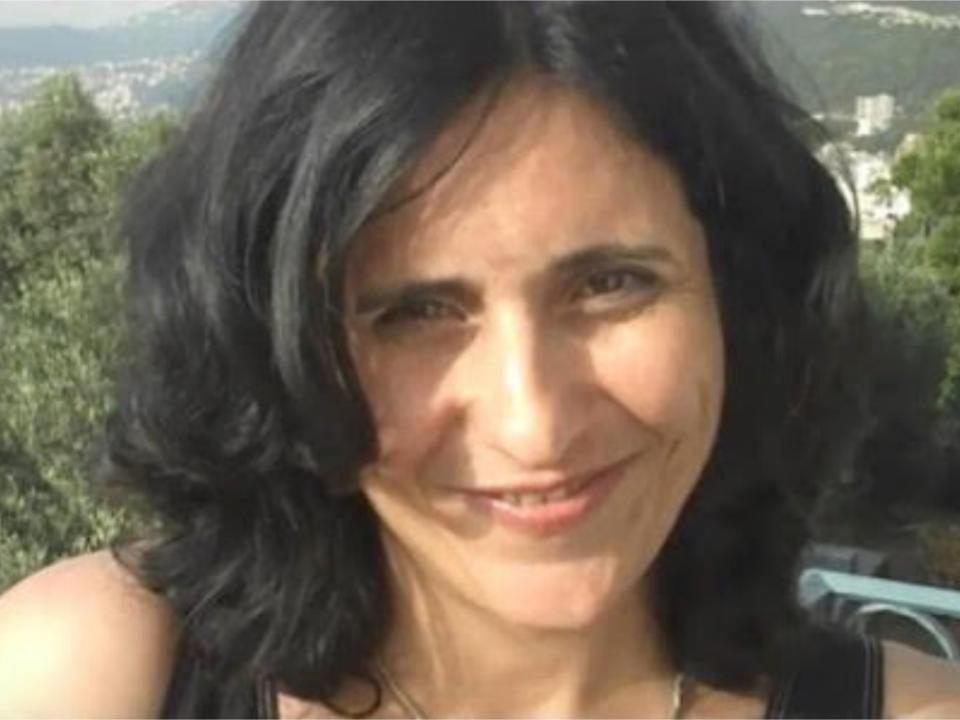
MAT Series: Glitch Art + Technology
This event is put on by the MAT Seminar Series.
Abstract
My notion of the glitch follows from a certain understanding of the double valance of technology. To see the double-edge of technology; to understand how the iterative design process, a procedural one, is at work in reproduction of culture —this is the technological imagination. Technology is on one hand, reiterating the past, and, on the other hand, innovating a new assemblage. It is in these difficult friction points—the double-edge of technology—where this paper will argue that change and new knowledge are experienced.
Bio
Known for creating R-Shief software and performing as the Arabic-speaking cyborg VJ Um Amel, Laila Shereen Sakr is Assistant Professor of Media Theory & Practice at University of California, Santa Barbara. At UCSB, she co-founded Wireframe, a new digital media studio that supports critical game design and digital arts practice. Her current book project theorizes “glitch” as an experience of revolution and counterrevolution that occurred across the Arab world and reveals the indispensability, the promises, and the limits of digital communication across borders and languages. Sakr has shown in solo and group exhibitions and performances at galleries and museums including the San Francisco MoMA, National Gallery of Art in Jordan, Camera Austria, Cultura Digital in Brazil, Kirchner Cultural Centre in Argentina, Tahrir Cultural Center in Egypt, Fridge Art Gallery in Washington, DC, and 100 Copies in Egypt, among other venues. Her journal articles appear in Middle East Critique, Cinema Journal Teaching Dossier, Networking Knowledge: Journal of the Media, Communication, and Cultural Studies, Parson’s Journal for Information Mapping, Thoughtmesh: Critical Code Journal, and Feminist Debates in Digital Humanities.
Over the last two decades, she has been a leading voice in the open source movement, in particular for Arabic localization. She is Co-Editor for the open access journal: Media Theory, and also for After Video published by Open Humanities Press. She collaborates with MIT’s Global Media Technologies & Cultures Lab as a Researcher. At UCSB, she is Faculty Affiliate in the Feminist Studies Department and the Center for Responsible Machine Learning, and serves on the advisory, executive, and steering committees for UCSB Digital Arts & Humanities Commons, Center for Middle East Studies, and Center for Information Technology & Society. Reviews of her digital media appear in The Wall Street Journal, Science, The Chronicle of Higher Education, Fast Company, The Huffington Post, The Guardian, Voice of America, Al-Ahram, Art Territories, Digital Media and Learning, Egypt Independent, Mada Masr, Jadaliyya, Medium, and The Creators Project.